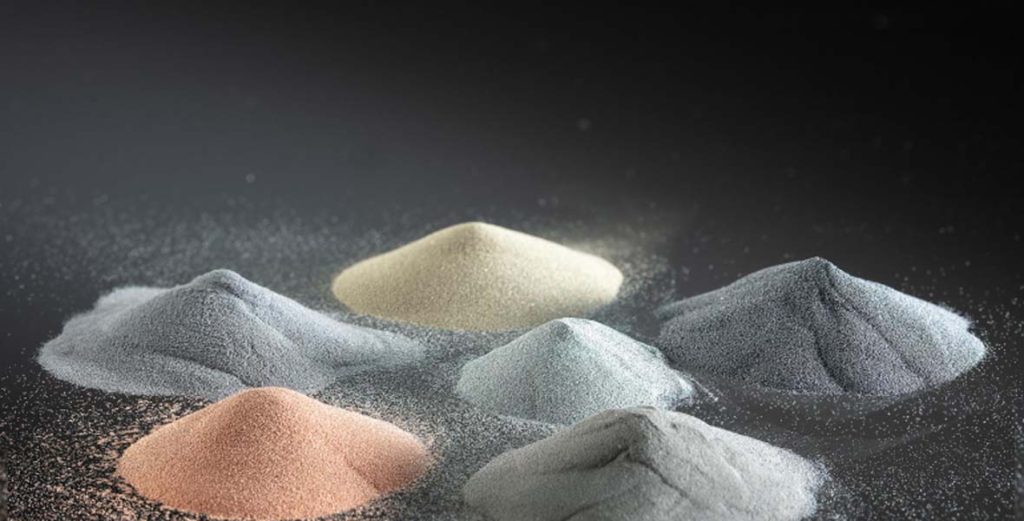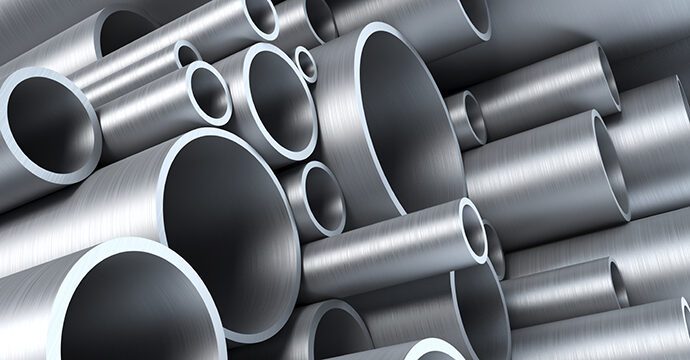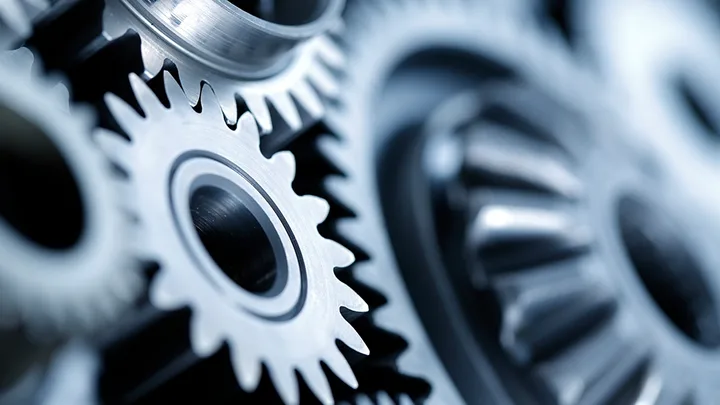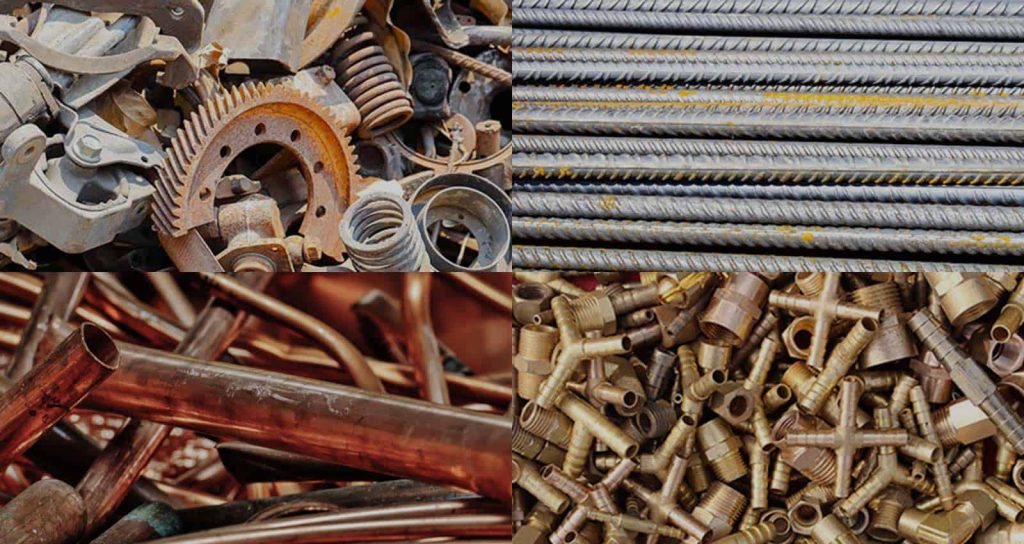Metals

Metal Powder
Metal powder refers to finely ground particles of various metals, typically used in industries such as manufacturing, metallurgy, and additive manufacturing (3D printing). These powders are produced through processes like atomization, chemical precipitation, or mechanical comminution. They find applications in powder metallurgy, where they are compacted and sintered to form solid metal components with intricate shapes and properties tailored to specific needs. Metal powders also serve as raw materials for thermal spray coatings, electronics, chemical catalysts, and magnetic materials, among other uses.

Metal Products
Metal products encompass a wide range of finished goods made primarily from metals such as steel, aluminum, copper, and alloys. This category includes items like structural components (beams, columns), fasteners (nuts, bolts), machinery parts, household appliances, automotive parts, and consumer goods (utensils, tools). Metal products vary widely in complexity, size, and application, serving diverse industries including construction, automotive, aerospace, electronics, and consumer goods. These products undergo various fabrication processes such as casting, forging, machining, stamping, and welding to achieve desired shapes, sizes, and properties.

Metal Machinery
Metal machinery refers to equipment, tools, and machines predominantly constructed from metal components, designed for manufacturing, processing, or shaping metal materials. This category encompasses a broad array of machinery including lathes, milling machines, presses, drills, grinders, welding machines, and CNC (Computer Numerical Control) systems. Metal machinery is utilized across industries such as automotive, aerospace, construction, fabrication, and manufacturing, for tasks ranging from cutting, shaping, and forming metal parts to assembly and finishing processes. These machines often incorporate advanced technologies for precision, automation, and efficiency, contributing to improved productivity and quality in metalworking operations.

Metal Scrap
Metal scrap consists of discarded or surplus metal materials generated during manufacturing, fabrication, construction, demolition, or end-of-life products. It includes various forms of metal waste such as ferrous scrap (iron and steel) and non-ferrous scrap (aluminum, copper, brass, lead, etc.). Metal scrap is collected, sorted, and processed for recycling to reclaim valuable metals and reduce the demand for primary raw materials. Recycling metal scrap conserves natural resources, saves energy, reduces greenhouse gas emissions, and minimizes landfill waste, making it an essential part of sustainable materials management and circular economy initiatives.
